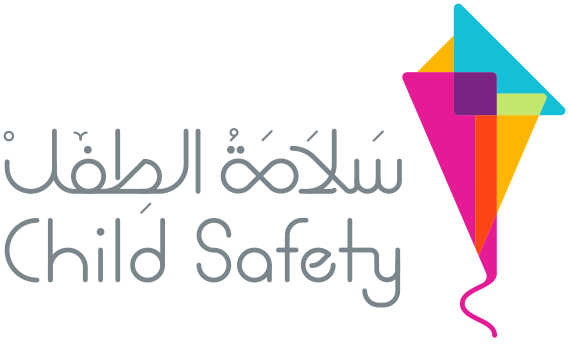The Child Safety Department (CSD) continues its efforts to launch “Kanaf,” an interdisciplinary and multi-agency child protection center that provides prompt legal, psychological, and social support to child victims of physical and sexual abuse. The CSD organised a specialised training programme titled “The Methods of Listening and Dealing with Child Victims of Violence,” marking the inaugural Kanaf program in conjunction with the International Day of Innocent Children Victims of Aggression, observed globally on June 4 every year.
The first session featured Dr. Bunna Buzboun from Bahrain, bringing 30 years of experience in diagnosis, psychological, and pedagogic treatment. The session’s objective is to facilitate the recruitment of psychological and legal experts, as well as representatives from government entities focused on child protection. This collaborative effort aims to strengthen the child safety and protection landscape within Kanaf’s framework.

During the session, which saw the participation of child care training staff and experts, Dr. Buzboun presented unique mechanisms and methods for handling child victims of violence. This facilitated the exchange of practical and scholarly expertise, as well as knowledge on effective communication with children who have experienced any form of abuse.
The session focused on advancements in medicine, psychotherapy, and mentorship in the context of protecting children who have fallen victim to abuse. It emphasised the importance of avoiding situations that could further complicate the impact of abuse on these children. Additionally, the session explored the utilisation of advanced technologies for communicating with abused children, offering a comprehensive examination of hypotheses, challenges, and solutions tailored to each case’s specific circumstances.

Furthermore, the session extensively covered various forms of child abuse, specifically addressing the handling of victims of sexual abuse. It highlighted the potential long-term consequences that may impact abused children. The session provided practical methods and guidelines to help educators and child care providers recognize signs and symptoms of child abuse.
Moreover, the session shed light on the detrimental consequences of parents failing to recognize changes in their children’s behaviour, emphasising the negative impact of negligence on a child’s trust in their parents. Furthermore, the session provided established definitions of child abuse, as documented in studies conducted by prominent international psychoanalysts and experts. It also explored the psychological repercussions experienced by victims of child abuse.

The session showcased examples of various forms of abuse that children may encounter in their daily lives, whether at home, school, during playtime, or while engaging in physical activities. It stressed the significance of raising awareness within families and communities regarding child protection and safety to ensure that children grow up in environments that foster their physical and psychological well-being. Recognizing children as the future generation and potential parents, the session emphasised the importance of their affection, care, and protection.
Kanaf was established under the directives of Her Highness Sheikha Jawaher bint Mohammed Al Qasimi, wife of His Highness the Ruler of Sharjah and Chairperson of the Supreme Council for Family Affairs (SCFA). Under the directions of Her Highness, the CSD started working on the inception of Kanaf to provide legal, psychological and social support to child victims of physical and psychological abuse, along with their parents and families, in addition to uniting child safety procedures to help entities provide referral and treatment services in one place that has inclusive facilities. In 2022, Her Highness issued an administrative decision to form the higher committee of Kanaf, which is an important step forward in the emirate’s exceptional journey towards ensuring children’s protection from any type or form of abuse that could harm them, impact their future or disrupt community’s ethics and values.


